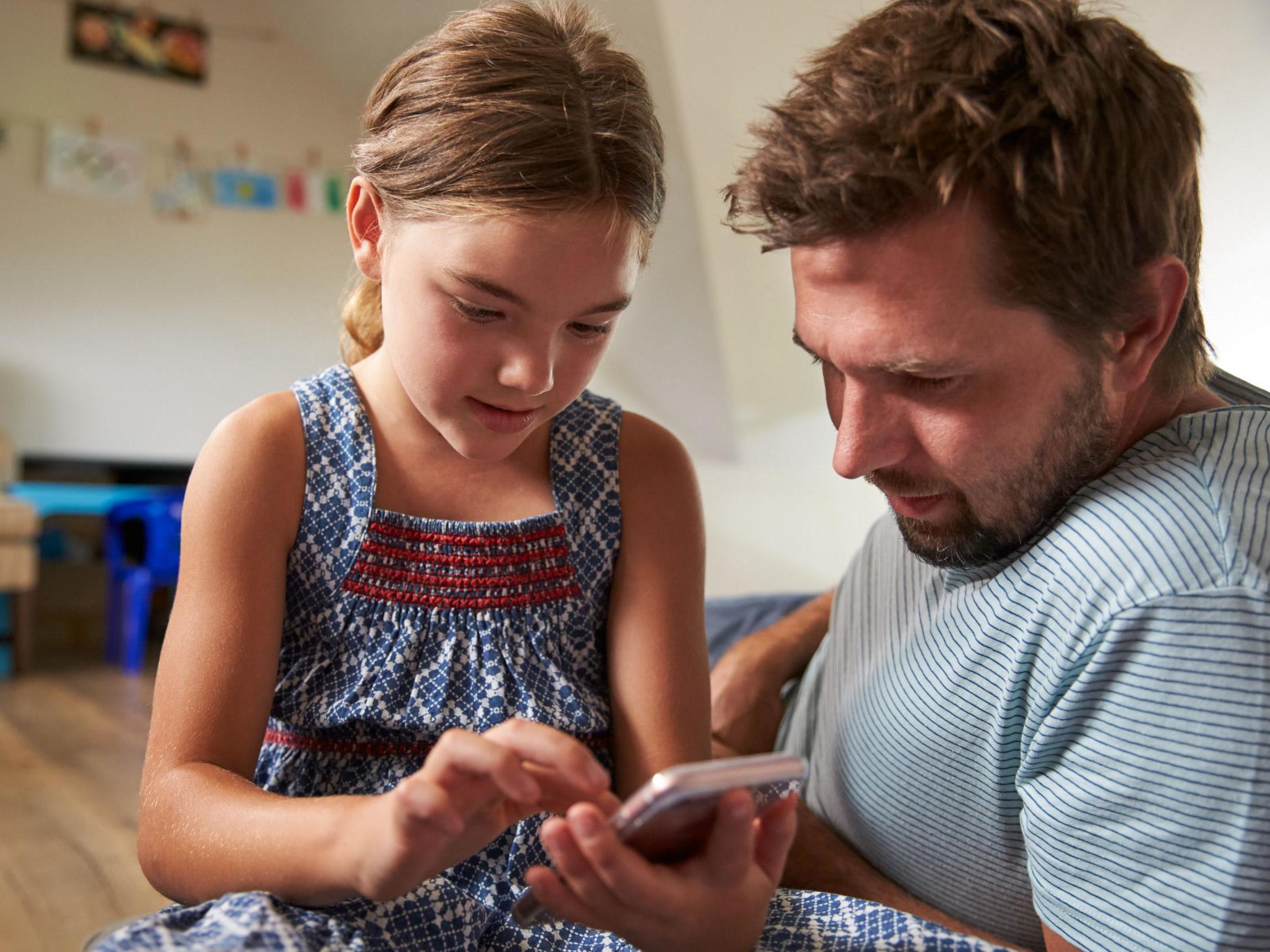Nearly half of parents worry about ‘language gap’ with children over internet slang, survey claims
Research shows many adults struggle to understand online phrases or name YouTube stars

Your support helps us to tell the story
From reproductive rights to climate change to Big Tech, The Independent is on the ground when the story is developing. Whether it's investigating the financials of Elon Musk's pro-Trump PAC or producing our latest documentary, 'The A Word', which shines a light on the American women fighting for reproductive rights, we know how important it is to parse out the facts from the messaging.
At such a critical moment in US history, we need reporters on the ground. Your donation allows us to keep sending journalists to speak to both sides of the story.
The Independent is trusted by Americans across the entire political spectrum. And unlike many other quality news outlets, we choose not to lock Americans out of our reporting and analysis with paywalls. We believe quality journalism should be available to everyone, paid for by those who can afford it.
Your support makes all the difference.The phrases “gram” and “pwned” have left mums and dads scratching their heads as they try to decipher what on earth their offspring are talking about, a study has shown.
Researchers who polled 1,000 parents and their children aged eight to 13 revealed 45 per cent of adults wished they could speak more confidently to other generations.
Around one in four had no idea the “gram” referred to social media platform Instagram, and nearly four in 10 did not know “hangry” is a portmanteau used when one is angry due to hunger.
Only one quarter were able to identify that to be “pwned” means being “owned” – i.e. losing an argument online.
In fact, one in five adults believed it was just a misspelling of “pawned”.
A further 25 per cent did not know “The Gram” refers to social media site Instagram.
To bridge the generational language gap, O2 and the NSPCC have launched a quiz pitting the digital knowledge of parents’ against their kids.
Nina Bibby, chief family officer of O2, said: “With our partnership with the NSPCC, we want to help parents have regular conversations about the online world and how to navigate it safely.
“As a mother I know how tricky this can be, and that’s why the Parents v Kids quiz is a brilliant way to get the whole family together and test each other’s digital knowledge, whilst learning about online safety and having fun too.”
The study also found three in 10 parents were unable to identify Zoella as a famous British YouTube star.
Fifteen per cent bizarrely believed the acronym “TBT” stood for “Tomorrow Basketball Time” rather than “Throwback Thursday.”
Another third found themselves baffled by “FTW”, which stands for “For The Win” – meaning something is good.
Thinking back to their own childhoods, just under half of Britons remembered there being a language gap between themselves and their elders.
It also emerged children from eight to 13 were more confident speaking about who had the most views on YouTube or celebrity culture rather than topics taught on the school curriculum, including history, politics and science.
Laura Randall, associate head of Child Safety Online at the NSPCC said: “It is really important for parents to have regular and open conversations, no matter how old their children are, about how they are using the internet.
“Parents v Kids will help to facilitate that conversation while exploring the online world in a fun and inclusive way.”
The study of 1,000 adults and their children was conducted via OnePoll.com.
SWNS
Join our commenting forum
Join thought-provoking conversations, follow other Independent readers and see their replies
0Comments